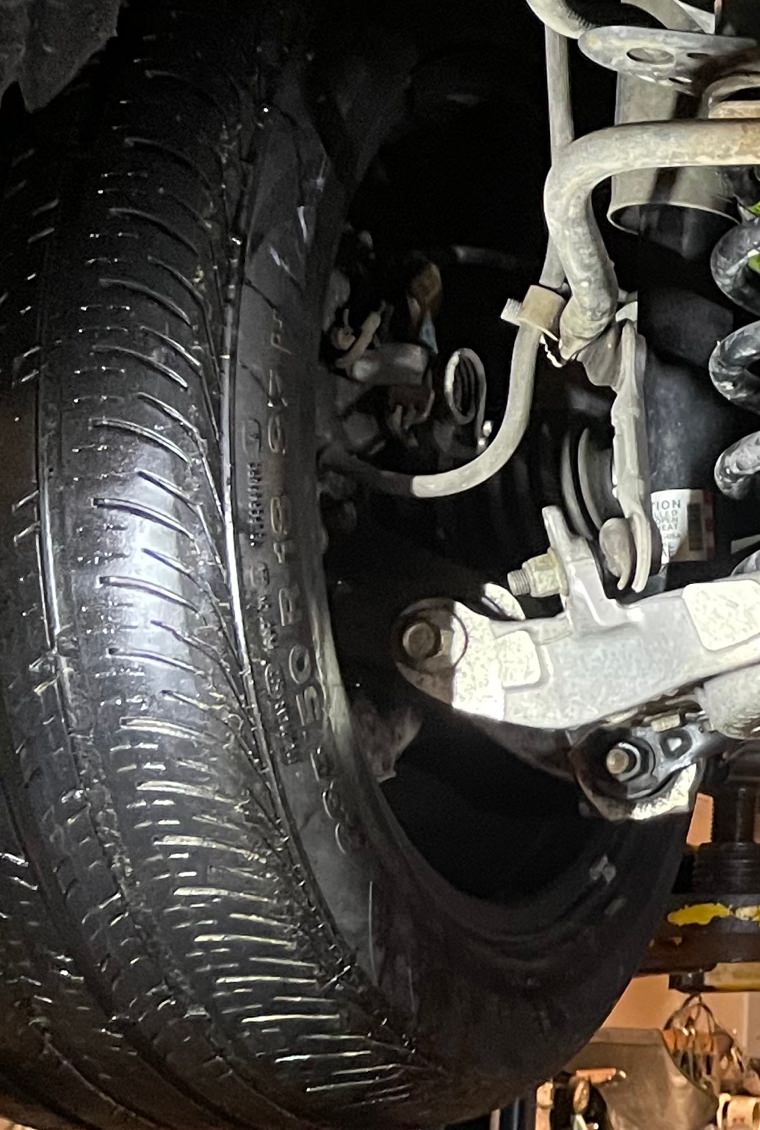A Short Guide to the Chemicals that Power Your Car
 Cars are a marvel of engineering and chemistry – from the gasoline that powers your car to the fluids that keep it running – every component has a vital role. In this guide, we will explore the essential chemicals that make your car function effectively.
Cars are a marvel of engineering and chemistry – from the gasoline that powers your car to the fluids that keep it running – every component has a vital role. In this guide, we will explore the essential chemicals that make your car function effectively.
Which Chemicals Do Cars Need to Run
The following is a list and explanation of each of the chemicals that make a vehicle work
1. Petroleum-Based Fuels
Time to Gas Up: The Fuel for the Journey
Gasoline, diesel, and ethanol are essential fuels for vehicles and without either of them, a vehicle cannot run. Each comes with its pros and cons, affecting engine efficiency, environmental impact, and driving range.
Did you know? Ethanol is a renewable fuel made from plant materials and has a lower impact on the environment.
2. Engine Oil
The Lifeblood of Your Car: Lubricate, Cool, and Clean
Engine oil serves three main functions in a vehicle: it lubricates the engine components, cools down the motor, and helps with cleaning grime from the engine. While synthetic oil is known for its long-lasting properties, mineral oils (e.g. Castrol GTX) are more budget-friendly but need frequent changing.
Pro Tip: Check your engine oil level levels at least once a month to avoid unnecessary wear and tear, and if your oil levels are down, make an appointment with your mechanic for an oil change. Check out everything that’s involved in an oil change.
3. Coolants
Keeping the Heat in Check – The Thermal Regulator
The coolant, commonly known as antifreeze, ensures your engine doesn’t overheat or freeze in extremely cold conditions. Ethylene Glycol is the most commonly used chemical in coolants.
Caution: Never mix different types of coolants; it can lead to engine damage.
4, Brake Fluid
 Under Pressure – The Force Multiplier
Under Pressure – The Force Multiplier
Brake fluid works under high pressure and extreme heat, which transfers the force from your foot on the pedal to the car’s braking mechanism. It’s a hydraulic marvel that every car owner can’t afford to ignore.
Reminder: Change brake fluid every 30,000 miles to maintain optimal braking performance. Your mechanic will know when it’s time to change the fluid and will notify you at your next appointment. For more information read our article about the signs your brakes need inspecting or replacing.
5. Transmission Fluid
Smooth Shifts Every Time – Gear Up!
The transmission fluid aids in the seamless shifting of your gears. While automatic and manual transmissions use different types of fluids, both their role remains the same: to lubricate and cool the gearbox.
Quick Fact: Low transmission fluid can result in hard or delayed shifting and over time can be noticed by the driver.
6. Power Steering Fluid
Turning Made Easy – For Effortless Steering
This fluid eases the effort needed to turn the steering wheel which makes driving a smooth and easy. It also protects the steering system from overheating and wear and tear.
Note: If you find your steering wheel hard to turn, bring your vehicle to your mechanic as soon as possible. It could be time to check or top-up the power steering fluid level.
7. Windshield Washer Fluid
Clear Vision Ahead – Visibility Matters
A blend of methanol and water, the windshield washer fluid is crucial for maintaining visibility while driving. It also breaks down dirt, grime,ice from your windshield and it makes it dangerous to drive if there’s no fluid in the reservoir. If your windshield washer fluid is down, you simply need to open the reservoir cap and pour some in. You don’t need the help of a mechanic.
Pro Advice: Use a washer fluid with antifreeze properties in colder climates.
8. Differential Fluid
The Unsung Hero – The Balancing Act
The differential fluid ensures that the gears in the differential system rotate smoothly, which makes turns easier and extends the life of your car’s differential. Most drivers don’t anything about the differential system so it’s a part of the vehicle that needs to looked at when your vehicle goes in for maintenance.
Tip: Hearing a grinding noise while turning could be an indication of low differential fluid.
Let’s Sum it Up with a List
All the necessary liquids that are needed for a car to operate are as follows:
- Petroleum-Based Fuels
- Engine Oil
- Coolants
- Brake Fluid
- Transmission Fluid
- Power Steering Fluid
- Windshield Washer Fluid
- Differential Fluid
From powering your vehicle to maintaining its longevity, each chemical and fluid plays a major role. Regular vehicle maintenance can go a long way to ensuring your car remains efficient and functioning properly. Don’t overlook their importance because regular maintenance is the key to a long-lasting vehicle.
Leave a Reply